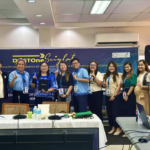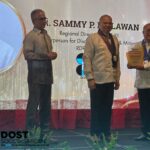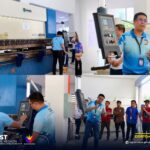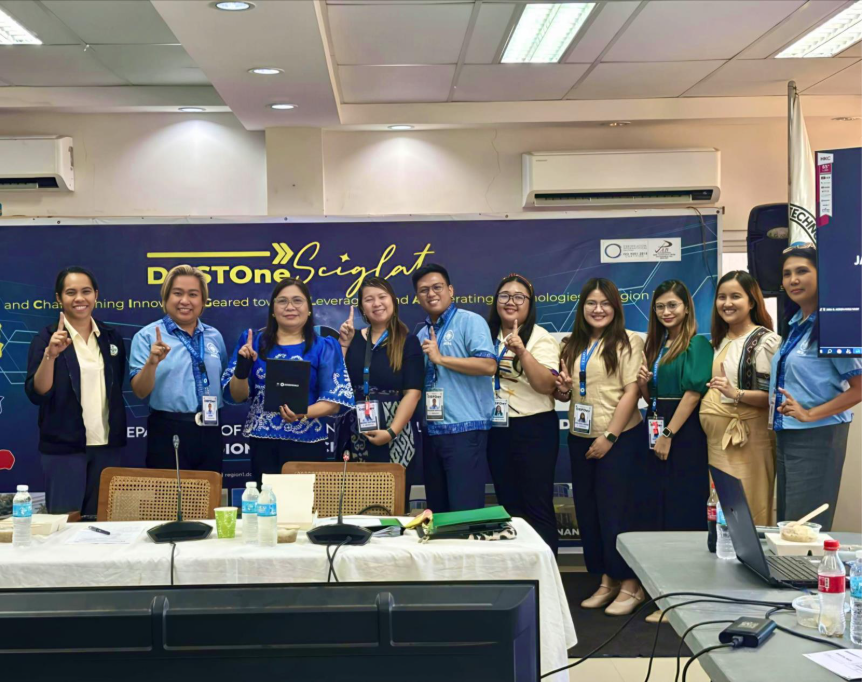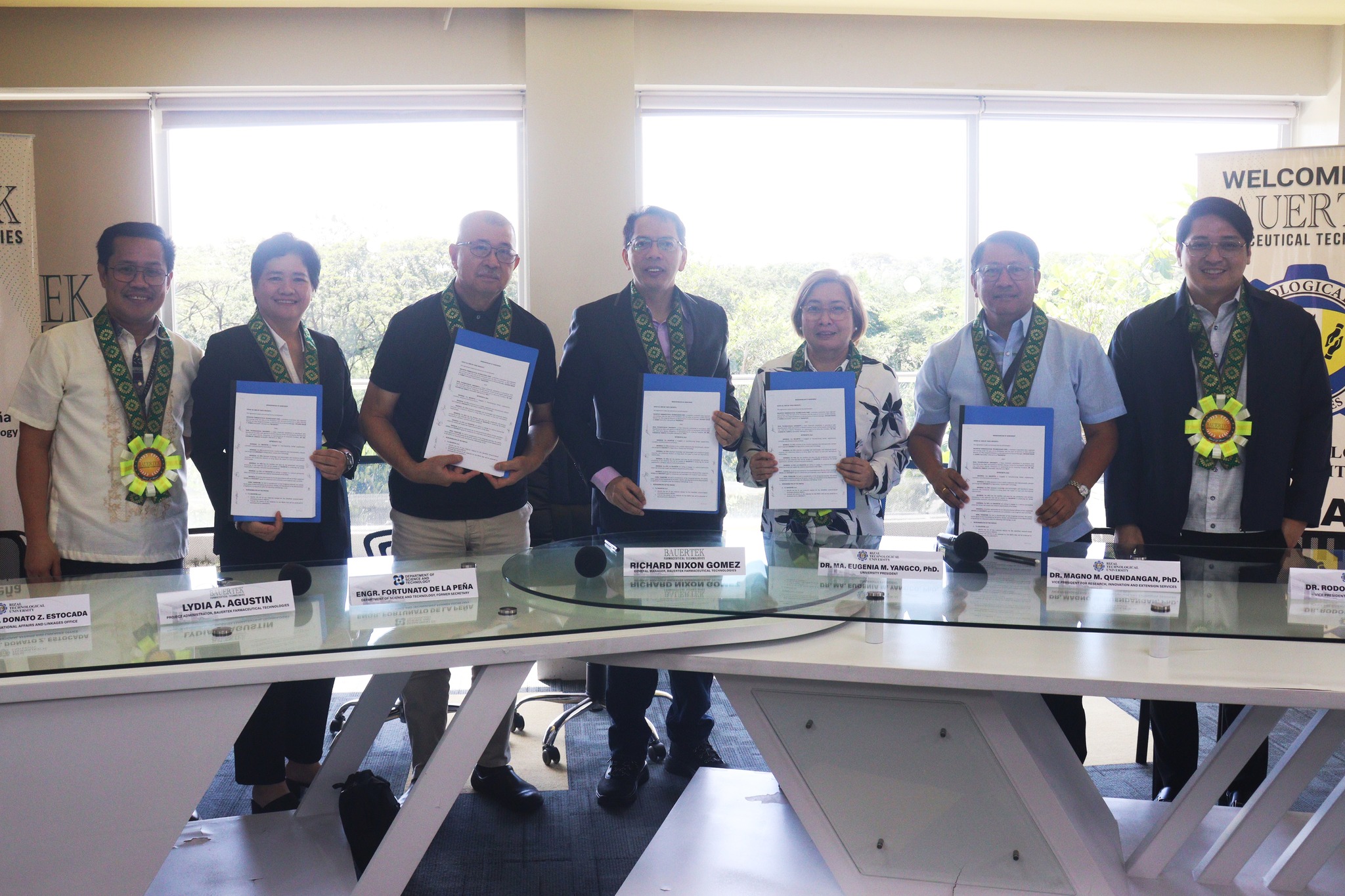The Publishers Association of the Philippines, Inc. (PAPI) has emerged as a credible name in election-related surveys following the results of the May 12, 2025, national elections. PAPI’s senatorial preference survey, which drew data from 42,000 barangays nationwide and incorporated inputs from social media platforms—Facebook, YouTube, Instagram—as well as bloggers, successfully predicted 10 out of the 12 winning senators.
The PAPI-preferred candidates included Rodante D. Marcoleta, Christopher Laurence “Bong” Go, Ronald “Bato” Dela Rosa, Erwin Tulfo, Pia Cayetano, Imee Marcos, Tito Sotto, Ping Lacson, Camille Villar, Vic Rodriguez, Bong Revilla, and Bam Aquino. Among these, only two candidates failed to secure a Senate seat, marking a strong correlation between the survey’s projections and the final election results.
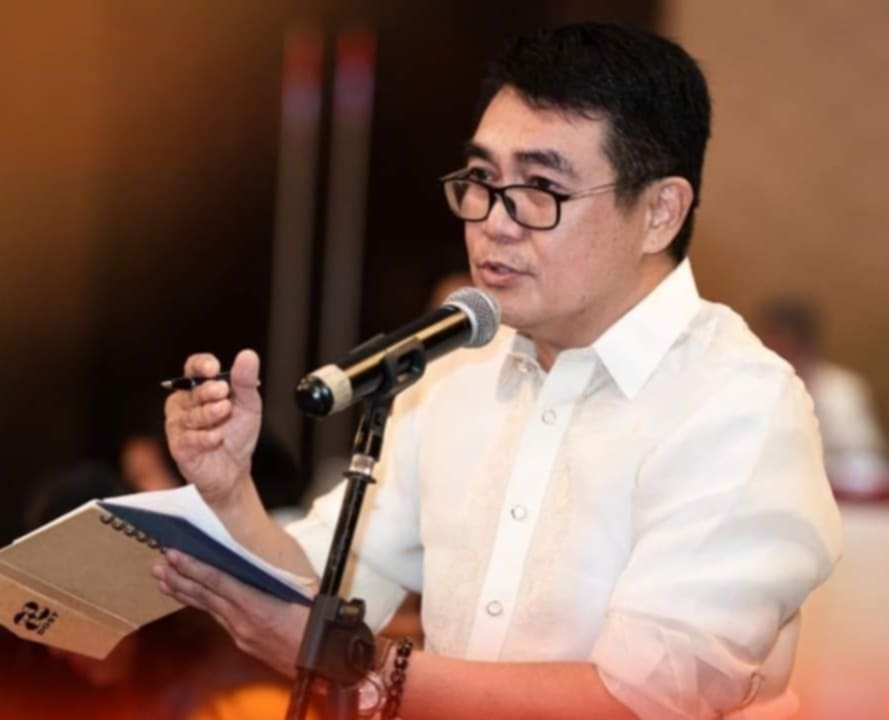
This high accuracy rate reinforces PAPI’s growing role in gauging public sentiment, especially as it employed a unique combination of traditional grassroots engagement and digital reach. By integrating responses from both on-the-ground communities and online users, the survey achieved broad demographic coverage across sectors and regions.
According to PAPI President Mr. Nelson Santos, the results reflect not just data but the voices of Filipinos across all walks of life. He said, “This validates our commitment to amplify the true sentiment of the people through inclusive, transparent, and data-driven methodologies.”
The results have solidified PAPI’s standing alongside more established polling institutions, with many observers noting the effectiveness of its inclusive, multi-channel approach. With this, PAPI has shown its potential to contribute meaningfully to future elections and political discourse by reflecting the pulse of the public with notable precision.
PAPI’s performance in this year’s elections not only validates its methodology but also sets a precedent for credible survey initiatives that bridge community-level insight with the influence of digital media.



